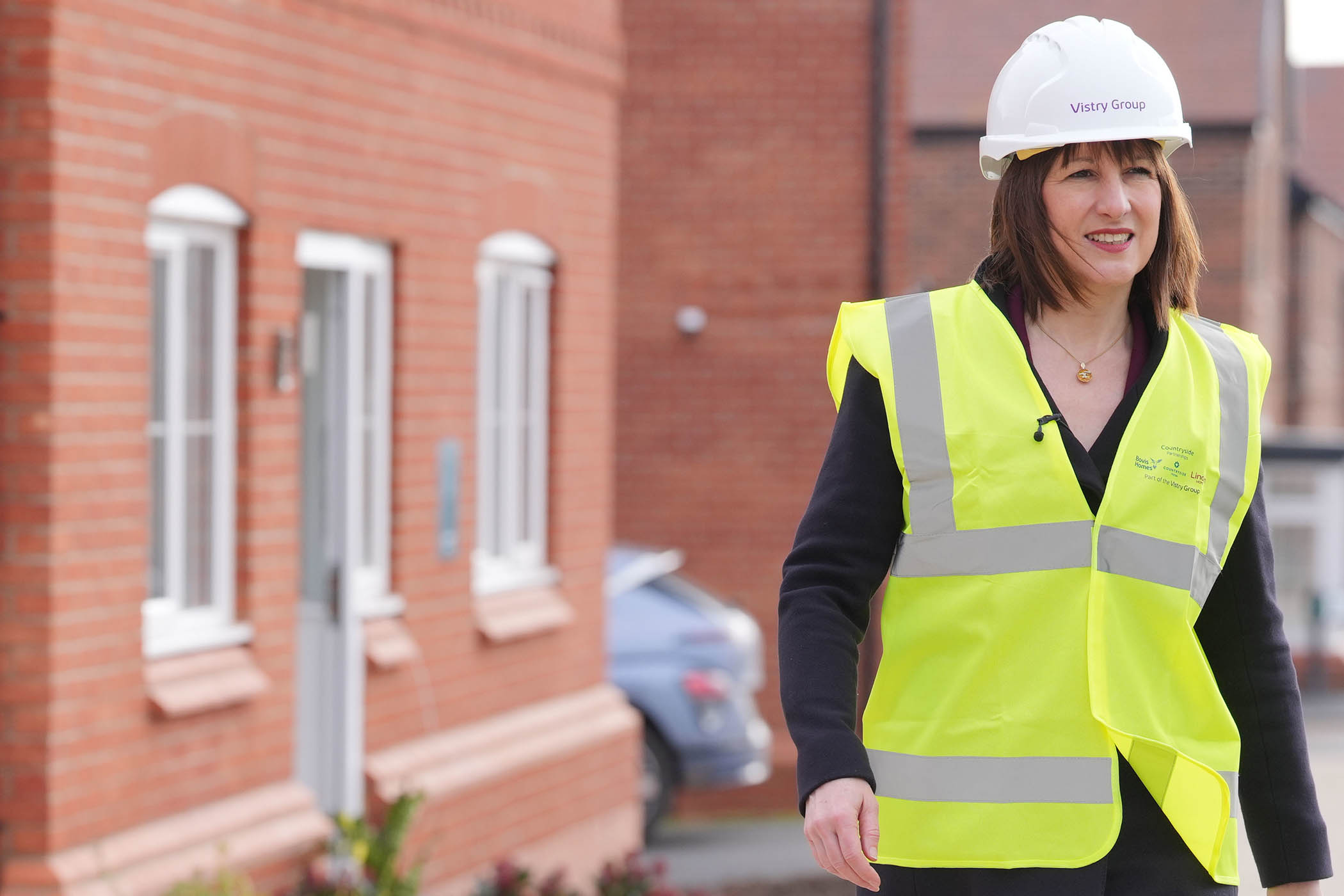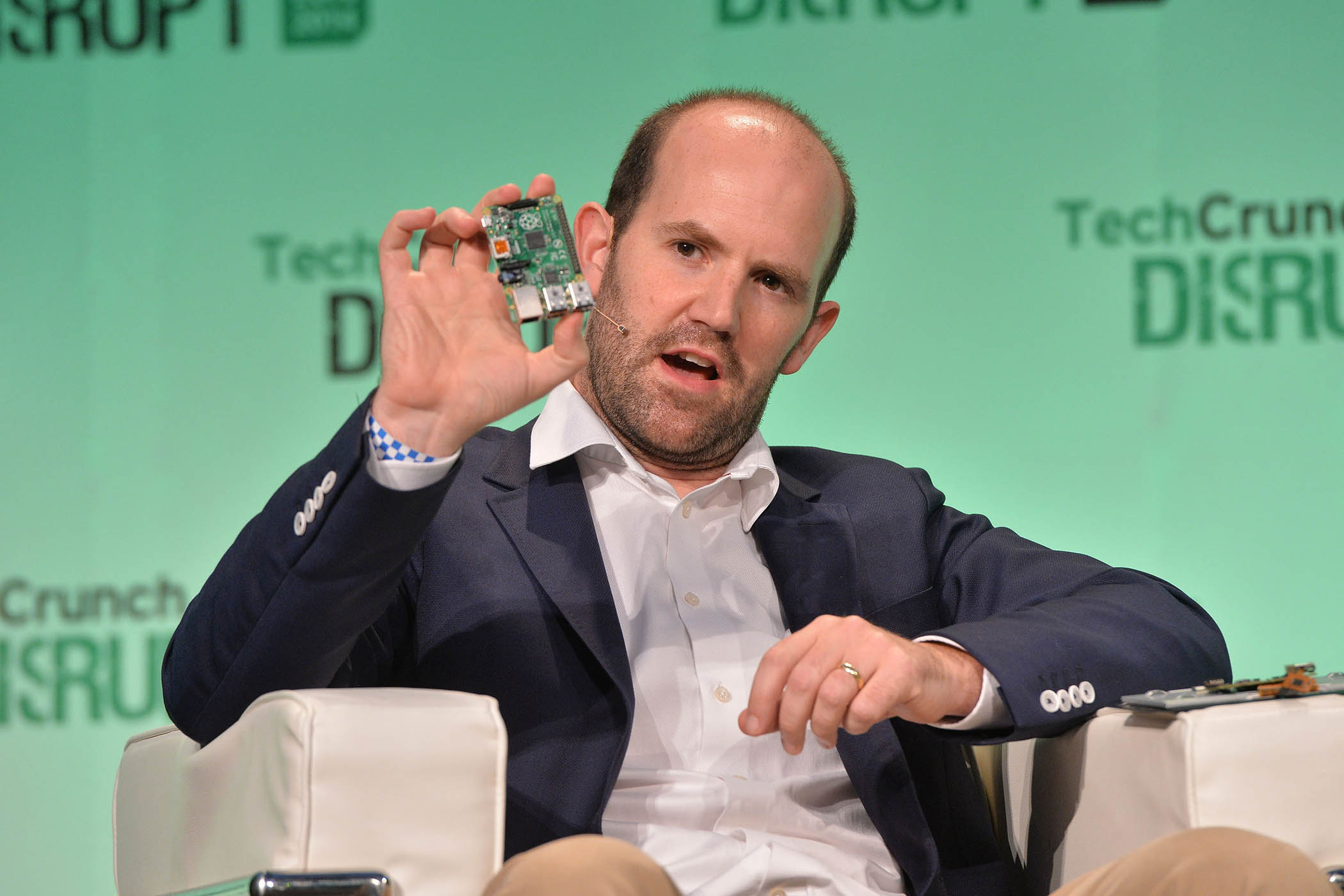We can’t fix the fiscal mess the UK is in without economic growth. And that needs a tax system which incentivises growth – but too often our tax system does the opposite.
The level of business investment in the UK is one of the lowest in the developed world. Successive governments have spent 25 years trying to fix this with research and development tax-relief schemes – costing the UK £8.4bn in 2024-25 alone. On its face, a triumph of pro-growth government industrial policy – more than 60,000 companies claimed it. The reality: emblematic of everything that’s wrong with tax policy.
When you tax something, you get less of it. So you’d think that if you tax-relieve something, you’d get more of it. Actually, what often happens is you don’t get more of the thing you want; you just get more people claiming the relief.
HMRC’s own evaluations have shown that, for every £1 of tax relief, the small business R&D scheme generated between £0.60 and £1.28 of actual R&D expenditure. In other words, on average, the scheme paid out more in tax relief than it generates in R&D expenditure.
Why? Because a mini-industry of unscrupulous consultants sprang up, making hundreds of thousands of fake claims, for everything from bricklaying to vegan doughnuts.
All the fake claims cost the UK a fortune – we estimate over £10bn in the last 20 years. The reason: rules that were so vague that you could squint and think that everything qualified. So the cowboy advisers could argue, with a straight face, that a menu in a care home was a technological innovation.
Unscrupulous consultants sprang up, making thousands of fake claims for everything from bricklaying to doughnuts
Unscrupulous consultants sprang up, making thousands of fake claims for everything from bricklaying to doughnuts
But that same vagueness meant a real adviser, looking at a real R&D project in a biotech company, would never be entirely sure that project qualified. And that’s become much worse in the past few years – HMRC has tried to clamp down on the wave of fraudulent claims… and that’s meant lots of legitimate claims have been delayed or rejected too.
So it takes a brave business to invest in R&D in the expectation of getting a relief. They just can’t be sure. And HMRC won’t confirm in advance it will be available – with 60,000 people claiming, it’s just not practicable. So R&D tax relief fails in its aim of incentivising R&D – it just incentivises the making of tax claims.
This is the problem with tax complexity. It holds back real businesses, but creates irresistible opportunities for bad actors.
There are two answers.
Newsletters
Choose the newsletters you want to receive
View more
For information about how The Observer protects your data, read our Privacy Policy
One is to reform R&D tax relief. Make it much more narrowly targeted. Aim to reduce the number of claims by a factor of 10 so that businesses wanting certainty can apply for clearances from HMRC. We could spend £3bn less on the relief but get more concrete results.
But the more ambitious solution is radical simplification. Let’s not have R&D tax relief at all. Let’s reform the corporation tax base and give tax relief for all investment – “full expensing”. There are credible estimates it would boost GDP by 1%. It’s not easy – it would mean ending tax relief on interest (because otherwise companies investing would get tax relief twice).
Either way, we need reform. R&D tax relief is just one of many areas where the system’s design and complexity holds back growth. A government that truly wants growth needs to fix it.
Dan Neidle is a British tax lawyer and commentator. He is the founder of Tax Policy Associates
Photographer: SeongJoon Cho/Bloomberg via Getty Images


